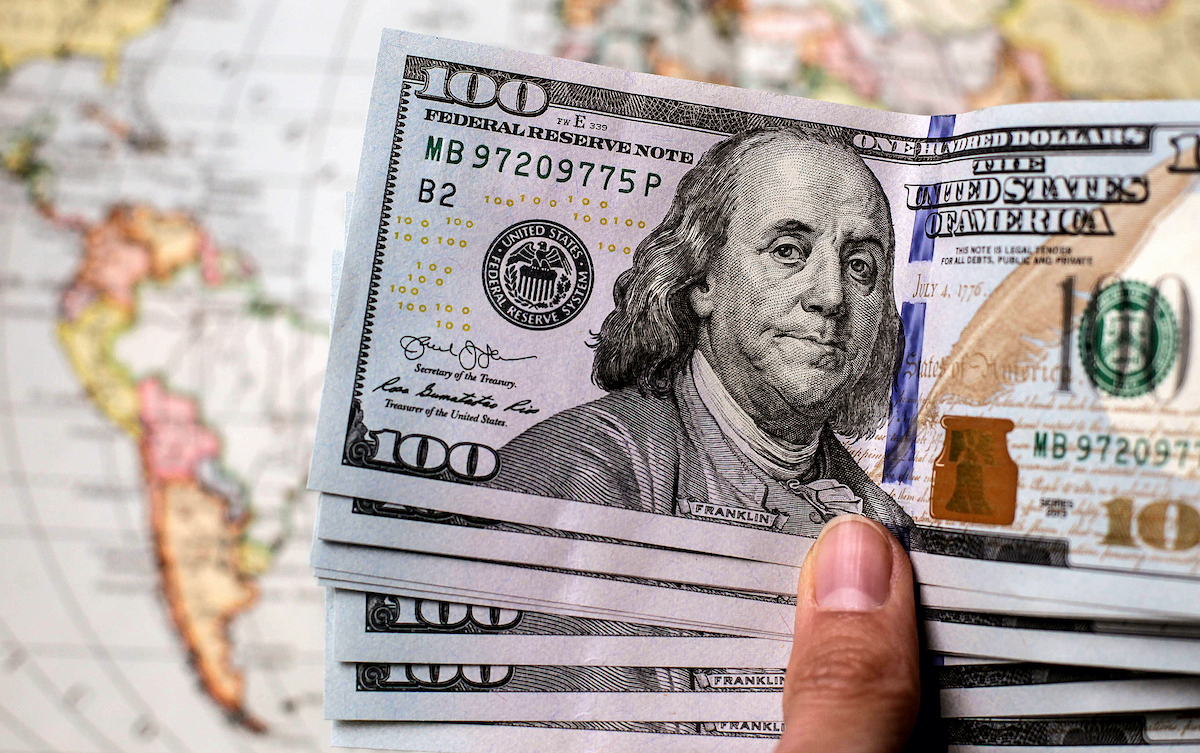(ATF) As I write this, at 7pm Hong Kong time, the dollar index (DXY), the US dollar’s value against a basket of major currencies, has broken well below a 6-year line of support at 94.3539, and stands at 93.7860 – down 0.7% for the day – and is threatening to drop further.
Meanwhile, gold has hit a new historical high of US$1,968.70 per ounce, up 2.3%, and the euro is trading at 1.1725, up 0.6%.
So, do the obvious and buy gold to protect yourself against further US dollar decline?
First question to deal with is whether the dollar decline will continue or even accelerate its sharp decline since late May.
Readers of this column will know my answer, stated repeatedly over the past two months: Yes, there’s for now little but a hot US-China war to change the current trend.
Or, as Bridgewater’s Ray Dalio summed it up on the Fox News channel on Sunday: “There’s a trade war, there’s a technology war, there is a geopolitical war and there could be a capital war” – warning that any foolish Trump administration move in the latter direction could badly harm the dollar’s standing as global reserve currency.
Gold will look good as long as interest rates stay near rock bottom and, given current proven US inability to cope with the coronavirus and get the economy back upright, that condition will last for some time to come.
Add to it the need for the US to keep going ever deeper and faster into debt just to stay afloat and gold for now is an obvious choice.
And the Chinese yuan?
The PBoC set central parity at 7.0029 on Monday morning, marginally weaker than on Friday. Throughout the trading day, the yuan played possum and barely moved and CNY stands at 7.0025 as of this writing.
Such stability has lasted since the beginning of July and the combination of yuan fundamentals of a solid current account surplus, a stable fiscal position and readily manageable foreign debt will assure that it will continue.
The yuan is not freely convertible and de facto pegged to the US dollar within a +/-2% range around central parity. It’s not a great candidate for a hedge.
However, given yuan’s stability and the stability of the Chinese economy, which the IMF expects to grow by 2.5% this year, there are opportunities of good stable returns in Chinese bonds, both in the government and corporate market.
























